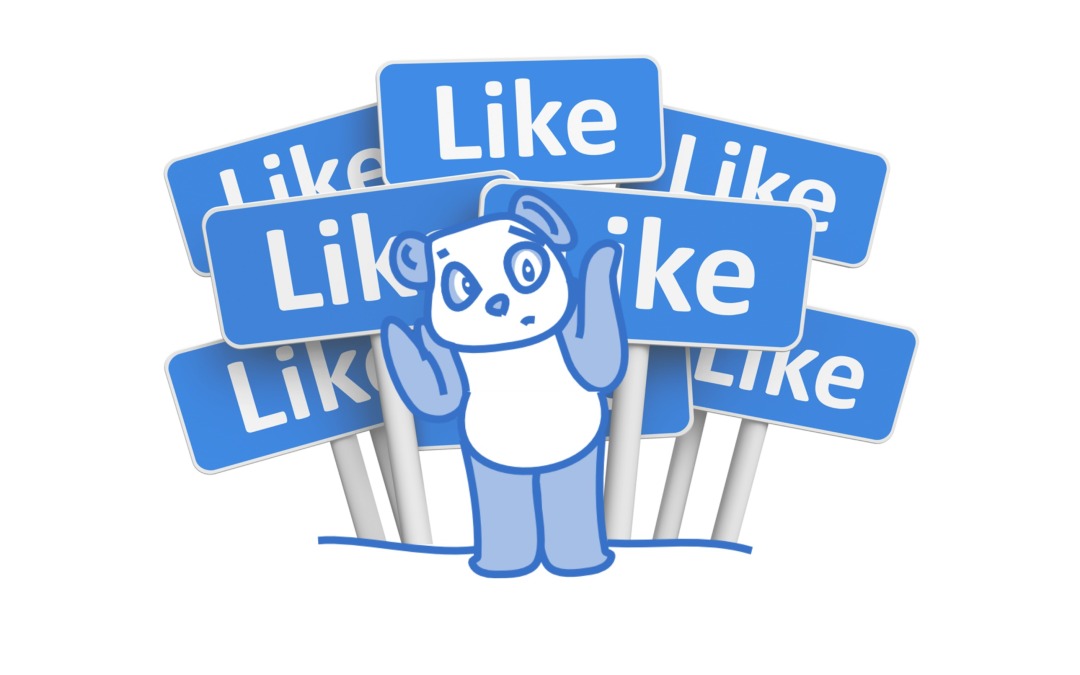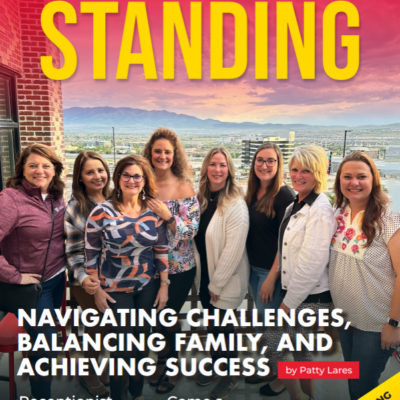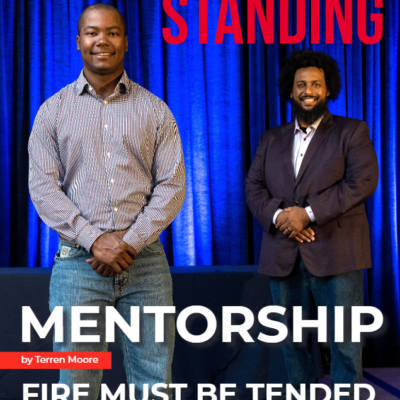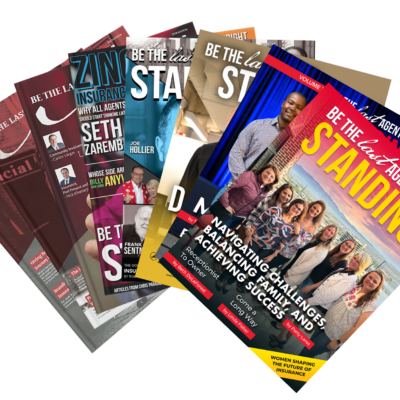Things seem to be getting uglier for small businesses in the world of Facebook.
The most recent development that took place November 5th’s ban on like-gating. This is the practice of forcing a customer to like your page in order to receive the content on the other side. Now while this is small change, most marketers actually approve of the change because they believe it will force businesses to engage in less “anti-social” behaviors and be more authentic.
But then we need to ask- what’s Facebook incentive to do so?
Reaching legitimate customers is only getting tougher and more expensive every single day.
This past March, TIME Magazine reported that companies only reach 6 percent of their fans on average, which is shocking because this is a 100 percent drop from just five months earlier in October of 2013.
This is why the Facebook changes make sense.
If you look back to 2012 February, the numbers were not nearly as bad. In that year, a brand’s post still reached about 16 percent of the fan base. The future though is equally grim—Valleywag predicts that reach will eventually be dialed down to as low as 1 or 2 percent. These numbers are not looking good once again supporting why Facebook is on the move.
That may not seem bad if you have millions of fans. But for the small business with just a few hundred, it’s devastating.
Let’s keep in mind: These are people who went out of their way to like and express interest in receiving that brand’s content. We can’t ignore this fact.
Yes, even some consultants are split on whether or not it’s time to call it a day on Facebook, but I’m not going that far just yet. I think with this change you will no longer be able to stay stagnant a get away with it. The key to social success is interaction, and this change will make it mandatory.
So why then is Facebook Page Reach falling so very hard?
Well, for starters, remember those 30 million businesses I mentioned? That means competition has gone through the roof, with more brands and advertisers vying for the limited attention span of a very finite audience. Also with that kind of competition it allows Facebook to profit.
This huge growth in business involvement has led to unprecedented levels of content being created and promoted every day, all trying to infiltrate a tiny newsfeed. Even before things got really hairy, Facebook announced that some 7.5 million promoted posts had been launched between June 2012 and May 2013. That is an awful lot of posts!
Facebook is trying to do a good thing by limiting exposure: They’re trying to show customers what is MOST important, popular and engaging—or, what’s making them the most money. There’s a heavy dose of paid advertising sprinkled in along the way. Yes, pay to play is the motto and Facebook loves this along with keeping Facebook fans engaged so they stay longer.
But for every one page they show, another must fall out of the feed. It’s a bit of a good cop/bad cop scenario for the social giant. According to a TechCrunch interview with Facebook:
“Facebook says that an average user might have 1500 posts eligible to appear in their feed each day, but if someone has lots of friends and Likes lots of Pages, that number could balloon to 15,000.”
To try and conquer this behemoth, Facebook launched a big ol’ algorithm.
EdgeRank is gone—the company doesn’t use the phrase internally at all. Instead, Facebook’s nameless algorithm calculates some 100,000 factors to determine what users ought to be seeing. Yes, 100k factors and good luck on figuring that out!
That’s a mind-boggling amount of factors, but Will Cathcart, Facebook’s News Feed Director of Product Management, shared his list of the most important key factors:
- How popular (Liked, commented on, shared, clicked) are the post creator’s past posts with everyone?
-
How popular is this post with everyone who has already seen it?
-
How popular have the post creator’s past posts been with the viewer?
-
Does the type of post (status update, photo, video, link) match what types have been popular with the viewer in the past?
-
How recently was the post published?
Of course, it’s not so simple, but knowing where to start is a good foot forward for brands still wanting to make a go of things.
Facebook Ads still carry some clout though.
Given the huge upswing in advertisers (pay-to-play), it should come as no surprise that Facebook advertising’s cost-per-thousand impressions was increased by more than 140 percent in 2013, while the average cost-per-click was bumped up just shy of 25 percent. Expect to see another big jump in 2015 thanks to the huge amount demand, so pay to play is working but they factor is it working for your agency?
But despite all that, users still saw an increase of 40 percent in the number of ads they saw (great for advertisers and Facebook) and the average global click-through rate increased by 160 percent in Q1 of 2014 as compared to 2013. Oh, and in 2013, mobile CTR was a hefty 1.56 percent—nearly 500 percent better than ads on the whole.
Maybe there’s still something to this whole advertising on Facebook thing, you think?
Is it worth sticking around for your agency?
No other platform allows you to get so granular with your target audience, and an audience of over a billion is not one you want to ignore. Yes, I said it over 1 billion users and no other social platform have those number. If you look at Facebook like a paid channel, there’s still plenty of milk in the ole farm cow. Plenty!!!!
You can still make good use of Facebook’s precision targeting and relatively affordable ad rates to drive people to other social channels where they’re easier to reach and retain—from email lists to rivals Twitter, Instagram, and SnapChat. The key is to drive them to where you and your agency want them to be.
Dan Levy, Facebook’s director of small business, has gone on the record to say that in today’s world, ads are truly the way for “brands to get the predictable reach that they want.” Your agency better be on the brand wagon cause if not you may never be able to have success in the world of social and how we measure that is through your agency’s social marketing ROI.
It’s a tough pill to swallow and the free ride is certainly over, but it solves the problem. Free lasted a lot longer than some of us thought but because free is over it allows us who believe in the social world to invest in it and will weed those non players and non-believers out of this game.
But what about business pages like your agency page?
With organic reach numbers dropping to almost zero (yes ZERO)!, an algorithm weeding out your content and Facebook demanding you pay up to reach our fans, businesses are left with a tough decision to make: Should we pack our bags and leave? You already know my answer to that question but I challenge you to answer the question!
Here’s the frustrating answer: It’s up to you to make that call based on whether or not you’re willing to play ball and what your returns look like. But before you make that call have you invested the time and energy in it to be successful before? Have you given it your best shot? If the answer is “no,” give it your best shot before you give up on Facebook and or on any other social platforms.
If you aren’t getting any engagement and if your ad spend is drying up without converting while other channels are thriving, you’d be a fool to continue. If you can’t justify your investment based on your returns and you’ve implemented an evolved strategy without any success, then it’s time to move on. But once you leave this platform, remember that you might be ignoring your agency’s audience- so thing about the effect that may have on your overall social strategy.
No matter what, businesses who want to succeed on Facebook must now grapple with two unchanging realities:
1. You will need to pony (pay-to-play) up to reach your fans, just like any other marketing channel, and
2. You will need to continue to adapt in order to survive. With these 2 keys and with the right social media marketing strategy your agency can and will have a positive ROI in your agency’s marketing
How Can Your Agency’s Brands Adapt?
There are four key things I think brands can do to keep their success on Facebook coming:
Incentivize engagement
If you want Facebook to be where your fans come to find you, make it worth their while. Consider offering Facebook-only deals that invite people to check in on their own. You could also consider exclusive coupons, a referral program, or recurring and predictable contests that your audience will know to look for and take part in.
Cross-Promote
Mix you’re marketing channels together for optimal success. For example, promote Facebook contests and events on your home page, tweet out Facebook URLs on Twitter and even make your Facebook known through Snapchat or email lists, if you use those things. It’s all about your agency’s blended strategy
Keep in mind that many of your fans are cross-platform, too! That will empower you to use Facebook for what it is best at instead of forcing it to be your one-and-only solution. Never leave all your eggs in one basket!
Feed the community or audience
Combined with cross-promotion, this can be powerful. Treat Facebook like an open forum for discussion, and show you will respond and seek out customer opinions there, not just post your latest blog.
If you want community involvement, ask for it, and make it possible. Community-facing content like discussions, feedback forms or even “featured customer of the month” or “businesses of the month” to keep people coming back. Celebrate the community and make them feel as though they are a part of something special. Be a part of your community!
Cut down your agency’s content
We know that Google looks at you’re posting history and engagement history to determine your visibility, so posting everything and anything to your page is likely to wind you up in no man’s land. Spread out your posts (maybe one to three times per day) and only share your best stuff to avoid diluting your metrics.
Optimize posts for Facebook
Give your content the best chance for success by leveraging the lessons others have learned about what works on the platform. Posts with photos get an average 39 percent higher interaction, short posts tend to do better than long ones, emoticons increase comments and there are a myriad of compelling headline formulas you can borrow from to pique people’s interest (don’t bait and switch, and start with your audience first, not the headline). Remember visual content is king, so try to get the right visuals with the right content. Don’t cheap out, hire a fashion photographer and think out the box!
Just make sure it’s all on agency’s brand. Be consistent with your agency’s brand message!
Pay, Measure, Evaluate
Don’t pay to promote just anything. Test promoting different types of content, gauge which performed the best and then follow the same pattern over, and over, and over. Reinventing the wheel and getting cute with your marketing will only end up costing you more money.
It Isn’t Dead- but it isn’t what it used to be.
The free ride has been over for a long time now.
If you want to compete on Facebook, there’s no getting around the fact that you’re going to need to pay some cash to promote or buy ads. But, if the returns are there and the community is tuned in, what’s a few bucks spent for a few more earned? Yes, we are a residual income business so make sure to keep that in mind.
I guess that’s just marketing, and there’s no such thing as free lunch and that’s ok. I continue to pay to play is your agency willing to do the same and if not- why not? I would love to hear what and why your agency is willing to or not please leave comments below?





